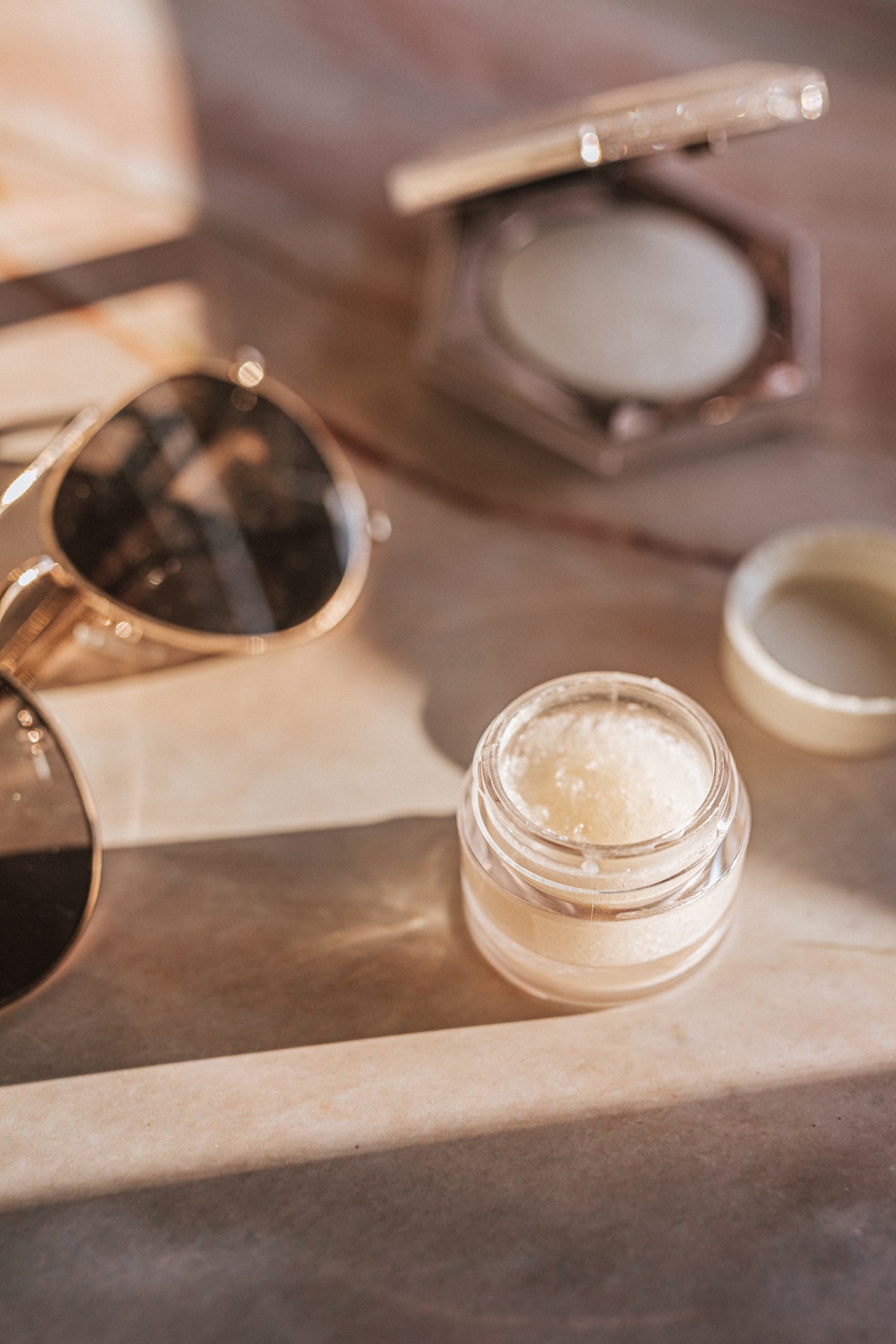
Tattoos are a popular form of body art, but sometimes individuals may have a change of heart or want to modify their tattoos. In such cases, people often wonder if hydrogen peroxide can help fade their tattoos. Hydrogen peroxide is a common household disinfectant and bleaching agent, but is it effective in fading tattoos? Let’s find out.
The composition of tattoos
Tattoos are made by injecting ink into the deep layers of the skin. The ink particles are too large for the body’s natural processes to break down, which is why tattoos are permanent. The ink particles remain trapped in the skin, visible through the upper layers of the skin.
Hydrogen peroxide and its properties
Hydrogen peroxide is a chemical compound with the formula H₂O₂. It is a pale blue liquid that appears colorless in a dilute solution. Hydrogen peroxide is commonly used as an antiseptic, disinfectant, and bleaching agent due to its oxidizing properties. It can break down into oxygen and water when exposed to light or heat.
The potential effects of hydrogen peroxide on tattoos
While hydrogen peroxide can cause a temporary lightening effect on the skin, using it to fade a tattoo is not recommended. Hydrogen peroxide is a strong bleaching agent that can cause skin irritation, burns, and potentially damage the skin. Applying hydrogen peroxide directly to a tattoo can lead to undesirable results, such as uneven fading or scarring.
Possible alternatives to fade tattoos
If you’re looking to fade a tattoo, it is best to seek professional advice from a dermatologist or a tattoo removal specialist. They can provide you with safe and effective methods to fade or remove your tattoo. Some common tattoo removal techniques include:
- Laser tattoo removal: This procedure uses lasers to break down the ink particles in the skin, allowing the body to naturally eliminate them over time.
- Tattoo removal creams: Certain creams contain ingredients that help fade tattoos gradually. However, their effectiveness may vary.
- Surgical tattoo removal: In some cases, surgical excision may be necessary to remove the tattoo completely. This involves cutting out the tattooed skin and stitching the remaining skin together.
It’s important to note that tattoo removal procedures may require multiple sessions, and complete removal may not always be possible, depending on the size, color, and depth of the tattoo.
Although hydrogen peroxide is a versatile chemical with various household uses, it is not recommended for fading tattoos. The potential risks and side effects associated with using hydrogen peroxide on tattoos outweigh any potential benefits. It is always best to consult professionals in the field of dermatology or tattoo removal to explore safe and effective methods to fade or remove a tattoo.